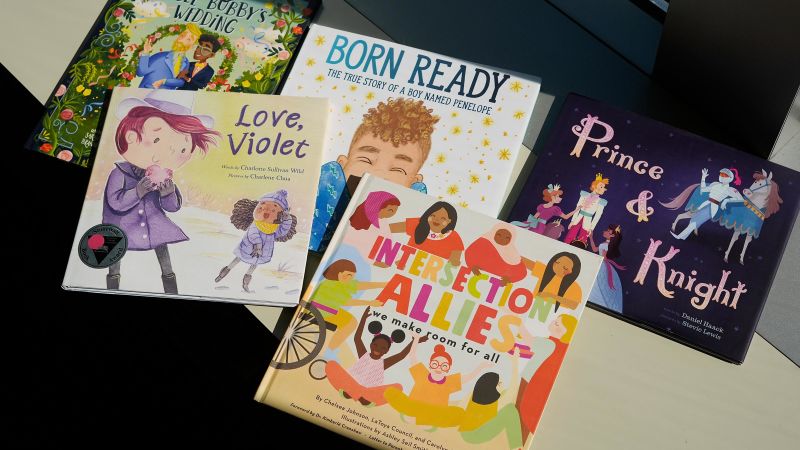SCOTUS Showdown: Justices Clash Over School's LGBTQ+ Book Opt-Out Policy

In a pivotal hearing that could reshape school library policies nationwide, the Supreme Court's conservative justices appeared poised to mandate that schools provide parents with the ability to opt their children out of elementary school reading materials featuring LGBTQ+ themes.
The potential ruling represents another significant milestone in the court's ongoing mission to broaden religious freedoms and parental rights in educational settings. During Tuesday's arguments, several conservative justices seemed sympathetic to parents who argue that certain books conflict with their personal beliefs and religious values.
This development signals a continued trend of the Supreme Court expanding protections for religious and parental perspectives in public education, potentially giving families more control over the content their children are exposed to in school libraries and classrooms.
The case highlights the ongoing national debate about curriculum content, personal beliefs, and the boundaries of educational inclusivity, with potentially far-reaching implications for school districts across the United States.
